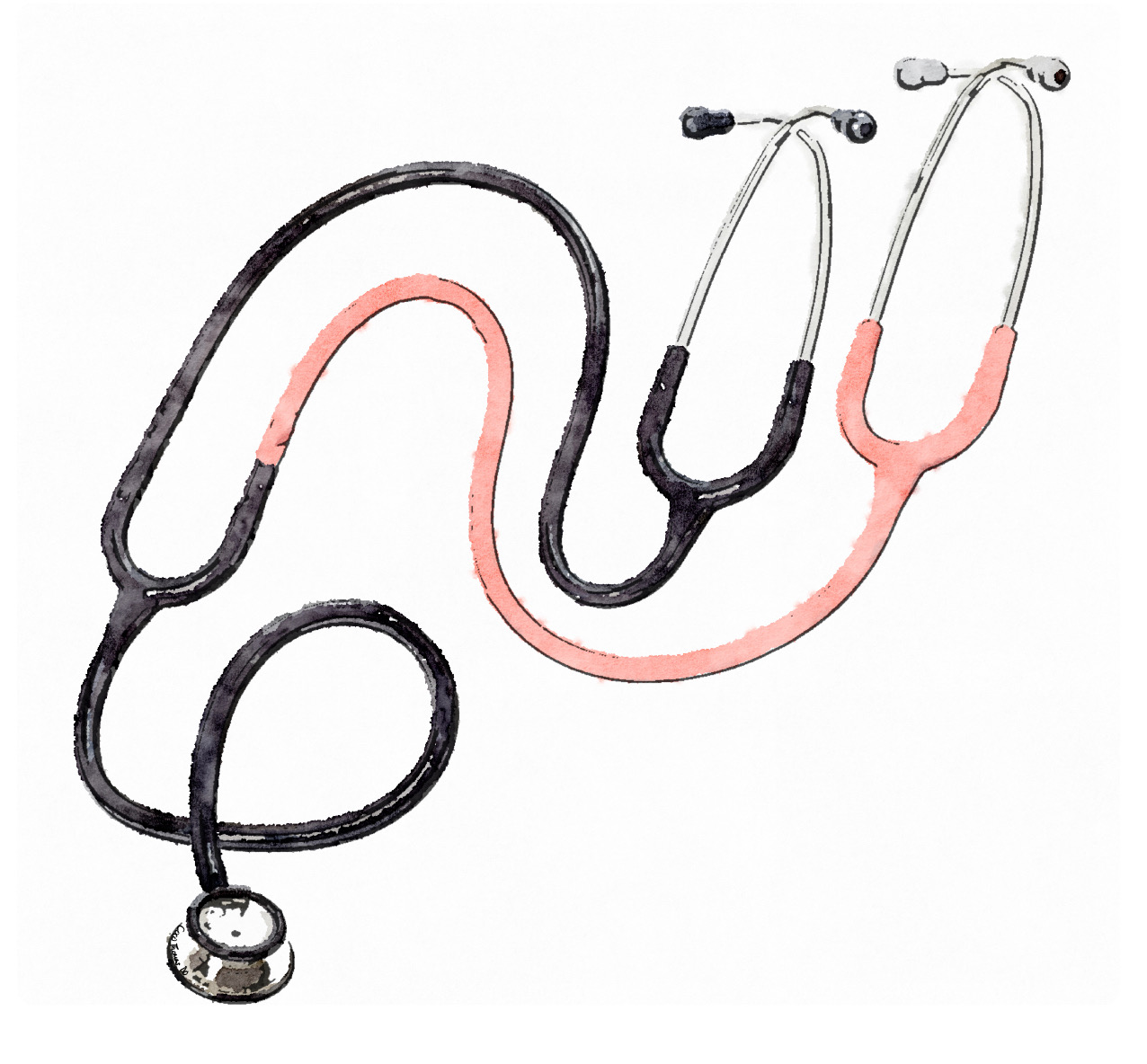Many of us had careers in medicine before beginning this arduous journey of medical school. We were nurses, technicians, EMTs, CNAs, researchers and more. We enjoyed a few years of steady pay and real-world lessons before we transitioned back to textbooks, lectures and rotations. Although it is easy to be lulled into a sense of security and comfort knowing that we have some medical experience under our belts, we have a duty to ourselves to pursue our studies with an open mind.
What does this mean for the medical student who has seen many patients before? I’ve compiled a list of DO’s and DON’Ts to guide you through didactics and clinical rotations.
DO
Build upon your experiences: Nursing didn’t make medical school any easier, but it did give me real-world examples of patients to work from. Utilize your prior experiences as learning moments; relate classroom topics to patients you have seen in the past. Lean on your knowledge as a crutch, but don’t expect it to do the walking.
DON’T
Fall into a false sense of security: Frequently, I find myself “anchoring” on a specific diagnosis, which can lead to mistakes. The differential diagnosis is the foundation of your work-up, so make sure to do your due diligence. The man sweating, twisting to grip his right flank while hobbling through the lobby likely has a kidney stone. The young man barely managing to garble words at me on a Friday night is probably intoxicated. This tunnel vision can negatively affect our decision-making because sometimes the right flank pain turns out to be an aortic aneurysm and the “intoxicated” patient actually has dangerously low blood sugar. As I started medical school, I promised to toss away my pre-conceived notions about medicine.
DO
Work hard: Medical school will never be easy, even for the most experienced individuals. Keep your head down and allow yourself to flourish in this new environment. Put in the same amount of work as your peers but enjoy a school-life balance when you’re able.
DON’T
Expect it to be easier: Just because we’ve seen 50 patients in heart failure doesn’t mean we know everything about heart failure. As a nurse/tech/assistant, your education has given you an introduction to important concepts, and your experiences have shown you the proper management of these patients. Be prepared to dive deeper into these cases and learn the intricacies of their pathophysiology.
DO
Re-learn: Learning assessment skills in my first year of medical school is an opportunity to have a fresh start. Re-learning basic skills you may have experience with (such as obtaining vital signs and listening to lung sounds) can replace any bad habits that may have developed over time, along with establishing a new perspective on the physical exam. You are now a detective searching each patient for clues; the investigation starts at the head and ends with the toes, with each finding bringing the physician closer to identifying the chief suspect.
DON’T
Use your experience as validation: We are all in medical school due to a combination of motivation, grit, and passion. To be fair, it is okay to be proud of your past accomplishments (I know I am); but we came to medical school to start a new career. Don’t be afraid to start fresh; you and your cohort are on the same playing field now.
DO
Remember where you came from: If you spent any amount of time emptying bedpans and changing bedsheets, you know how difficult these jobs can be. No experience is below you as a medical student. If you have a spare moment, grab your patient a warm blanket or empty their urinal. The rest of your healthcare team, and your patient, will be grateful.
Most importantly, keep pushing forward! Each passing year of medical school gets better, bringing us one step closer to treating patients on our own.
Image credit: Custom drawing by Megan Pattoli for this column.
After working in the emergency room as a registered nurse for three years, Coco made the transition into medical school at Philadelphia College of Osteopathic Medicine. The column Switching Stethoscopes describes a medical student’s journey from nurse to doctor, while reflecting on the “non-traditional” path some students take to become a physician.


